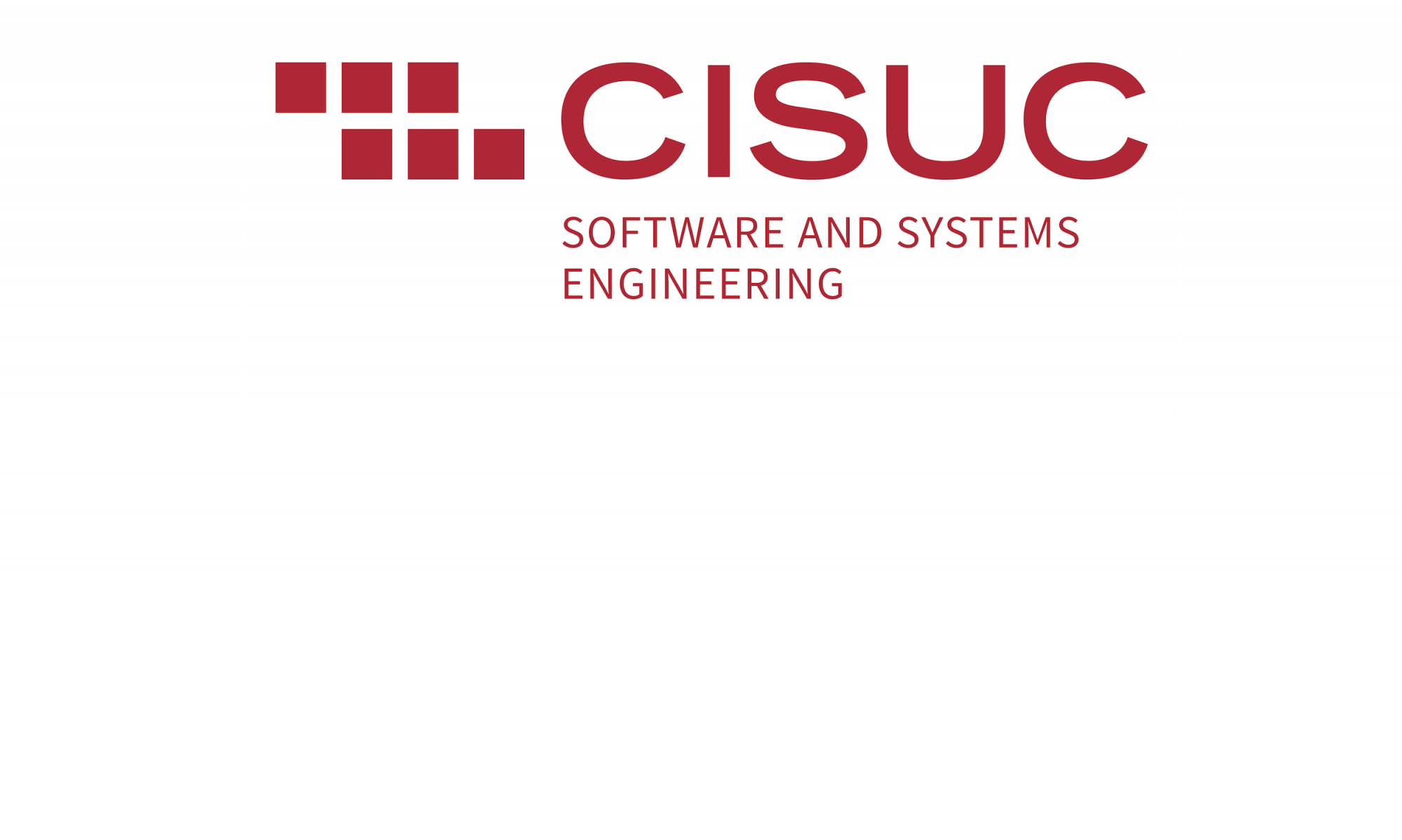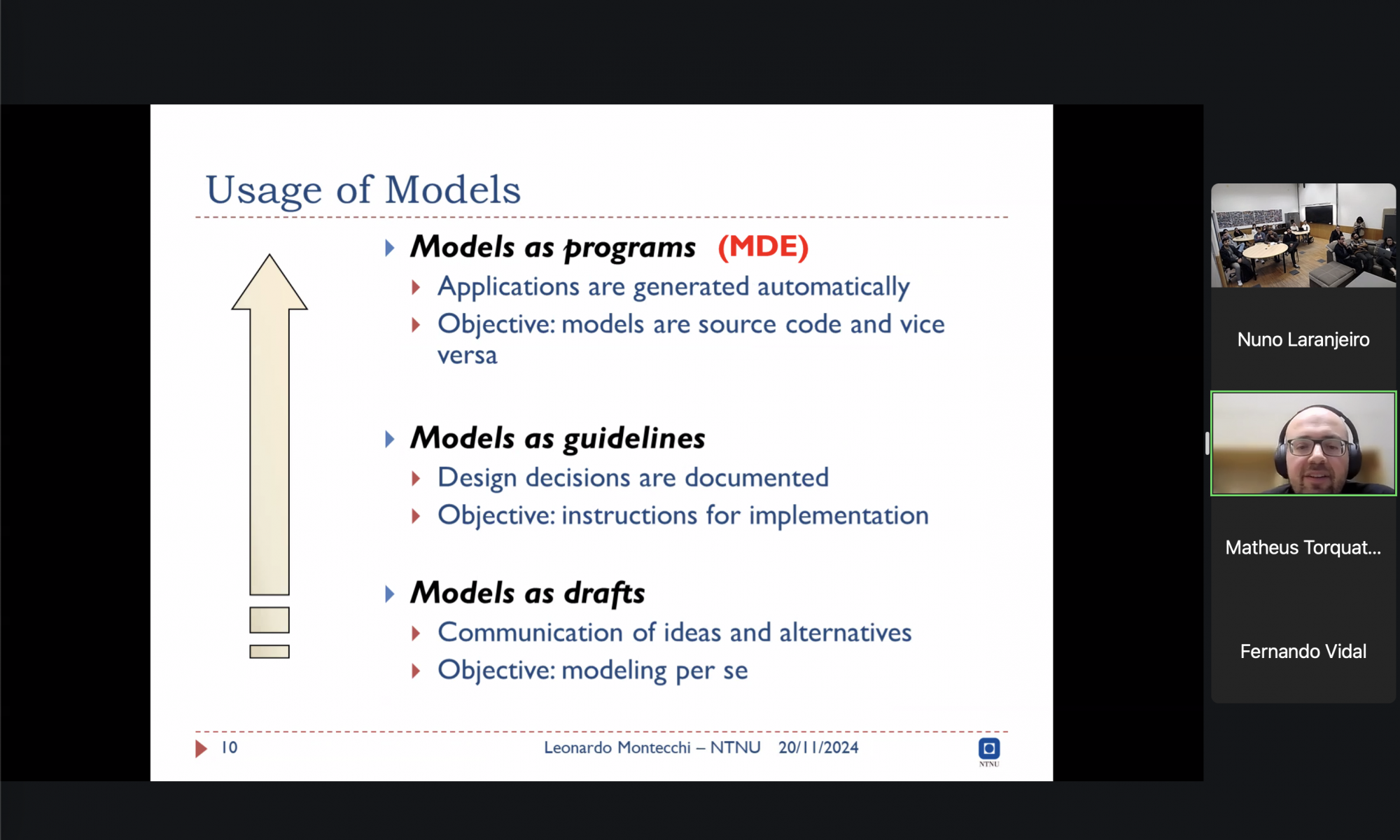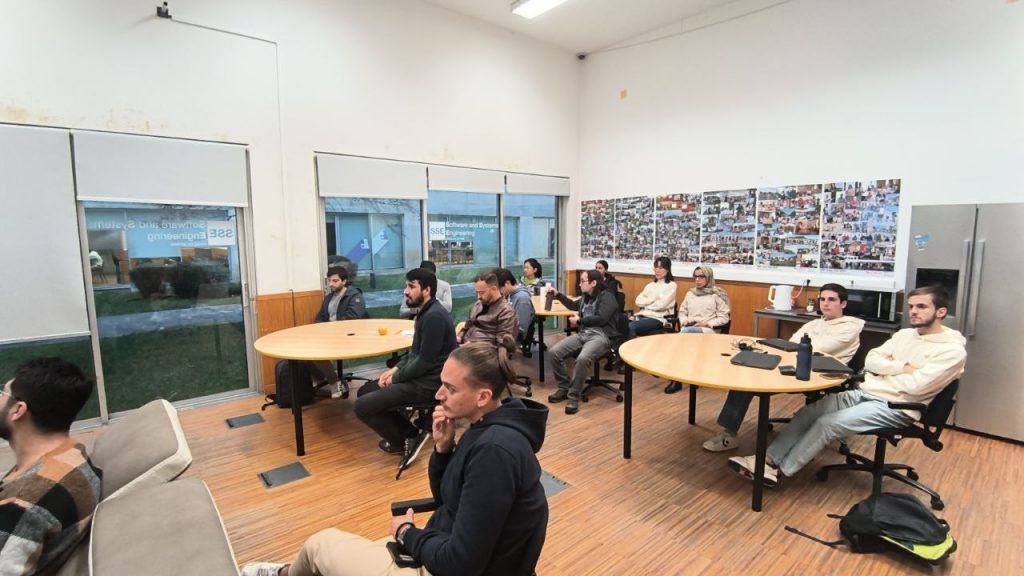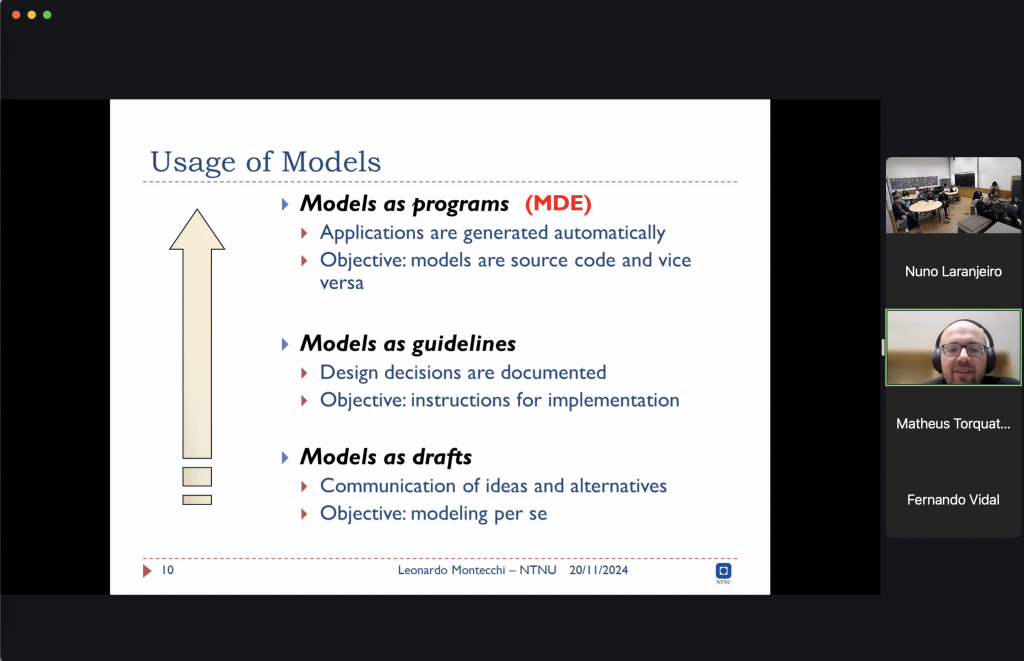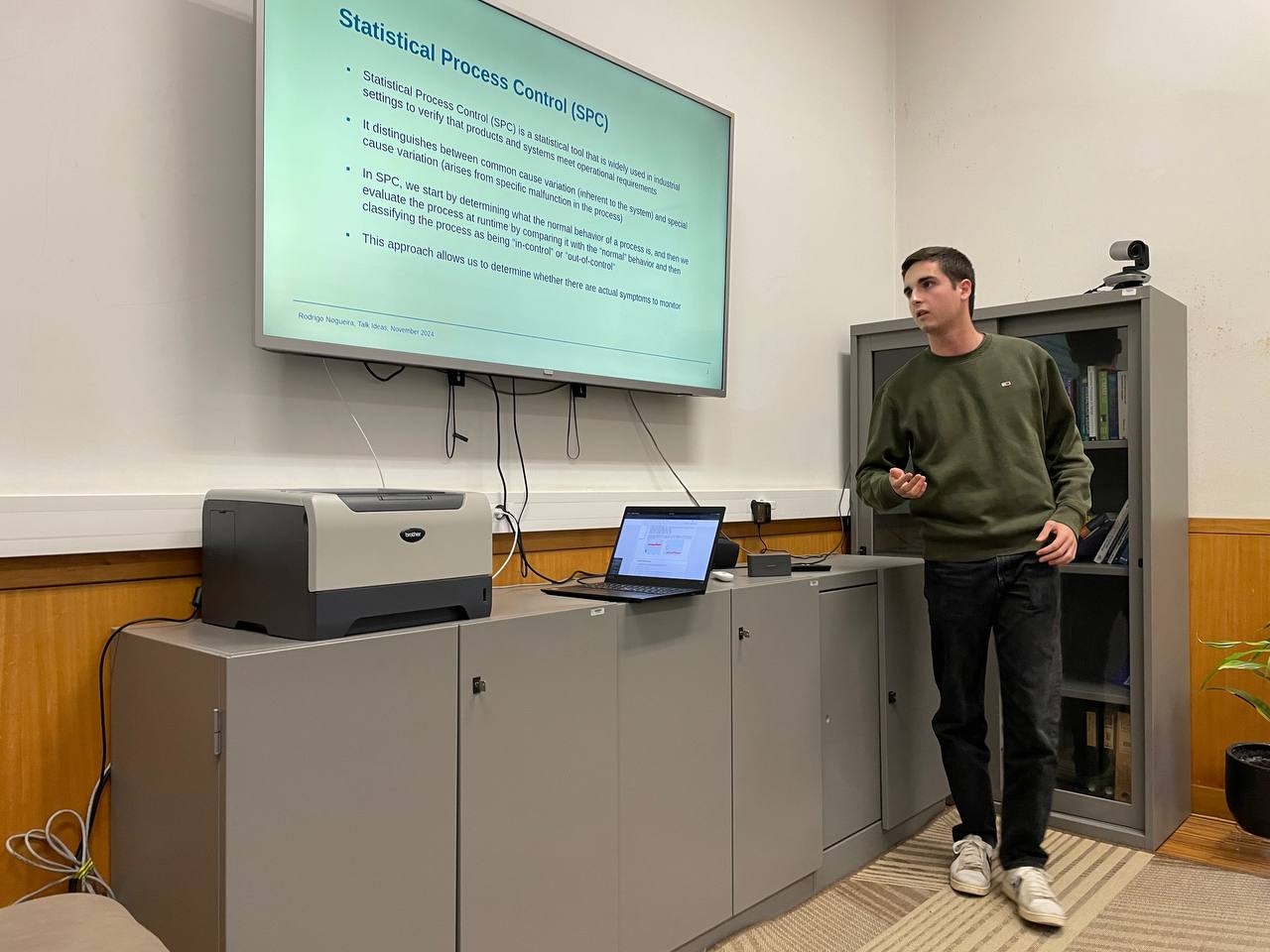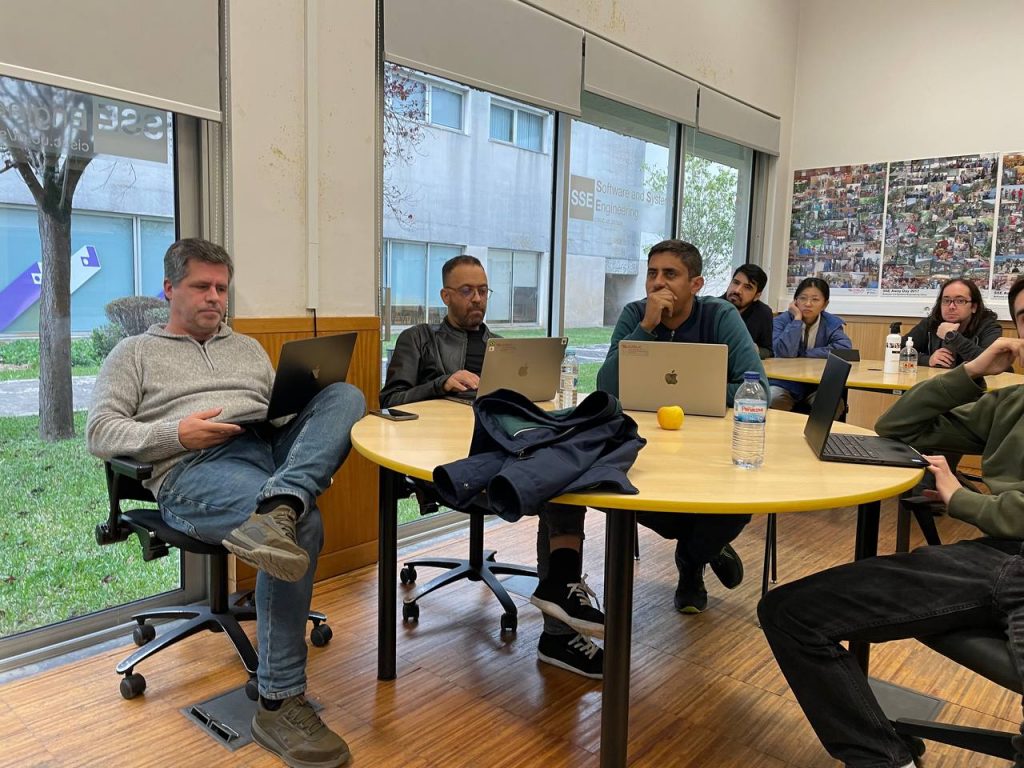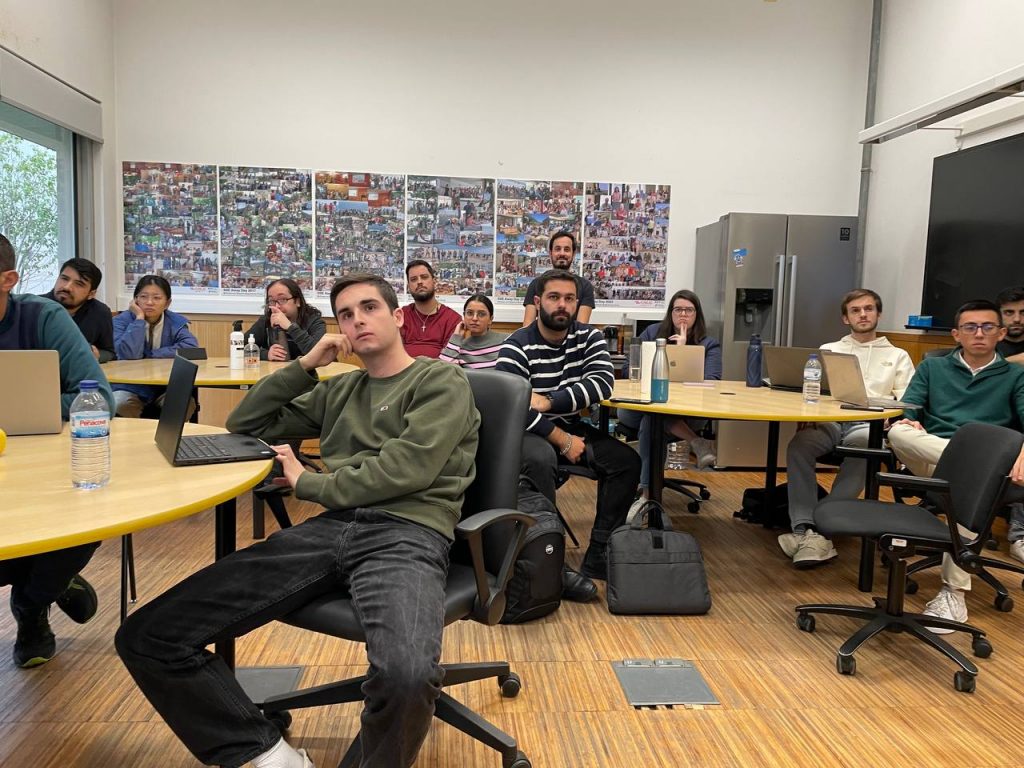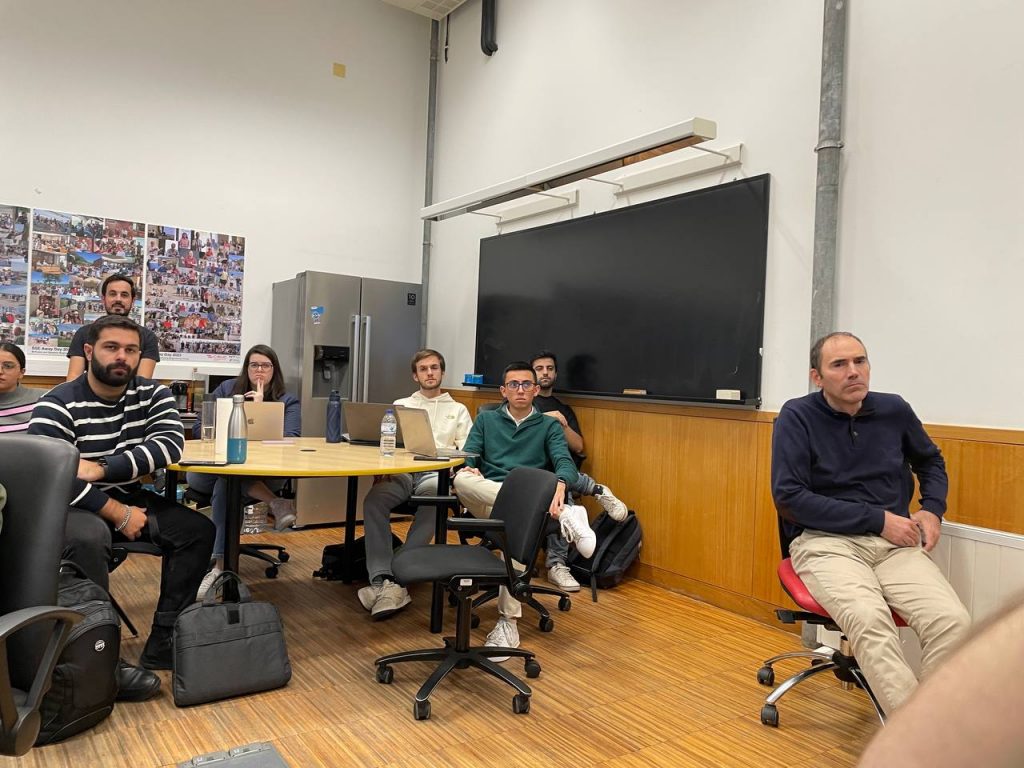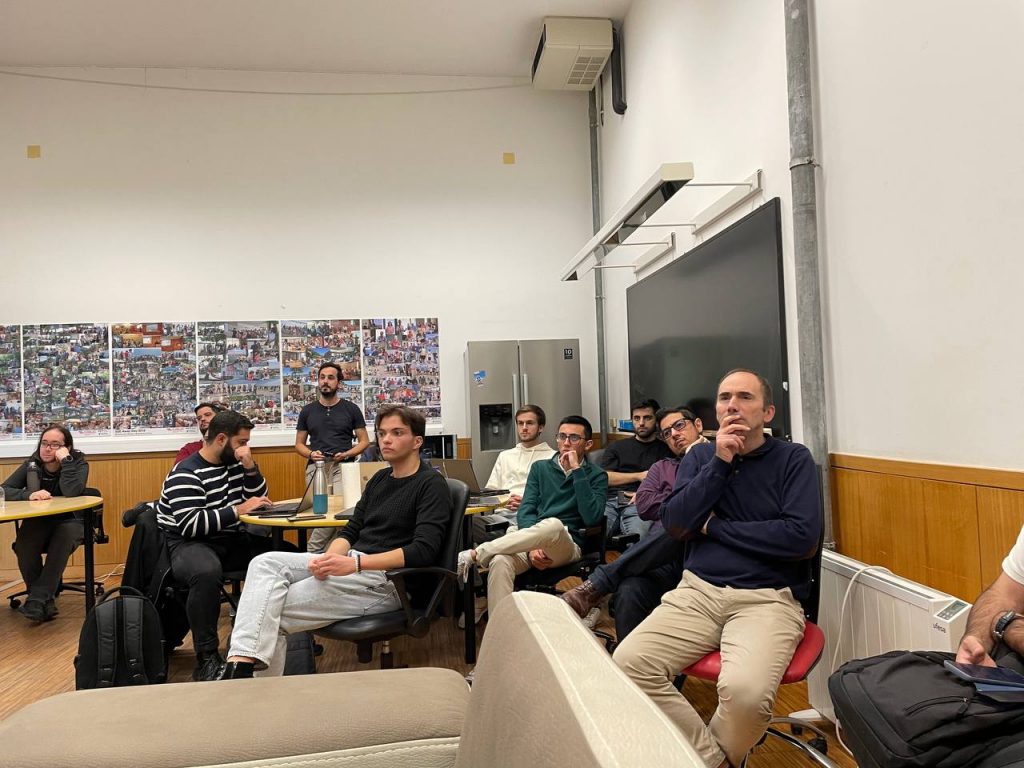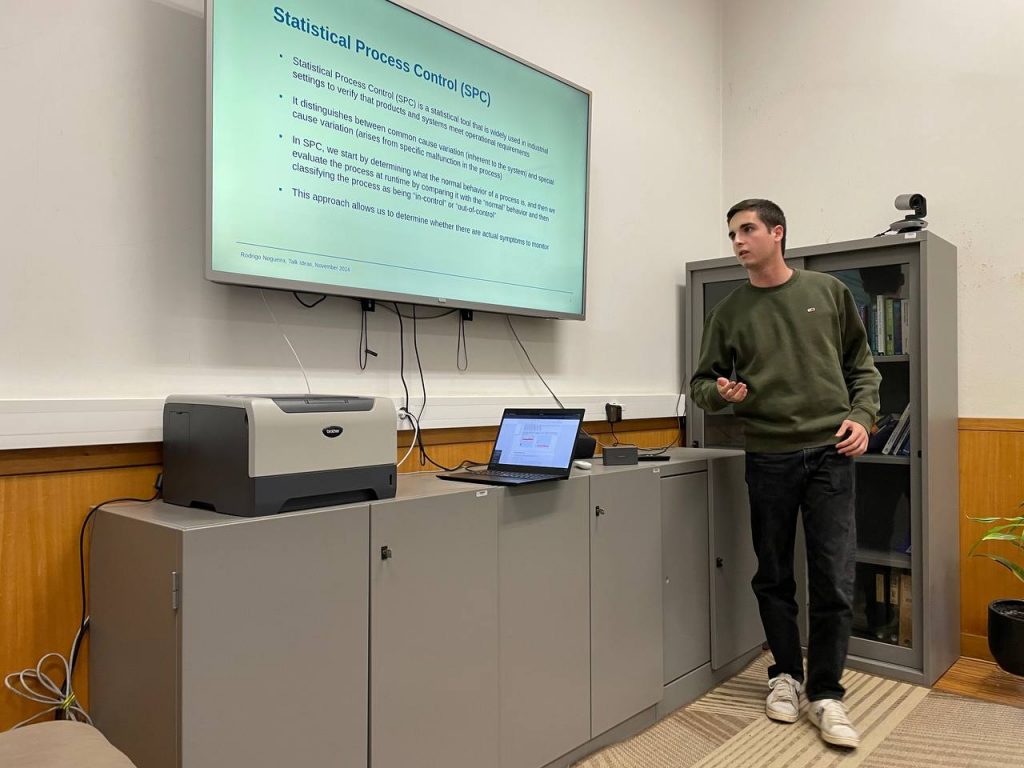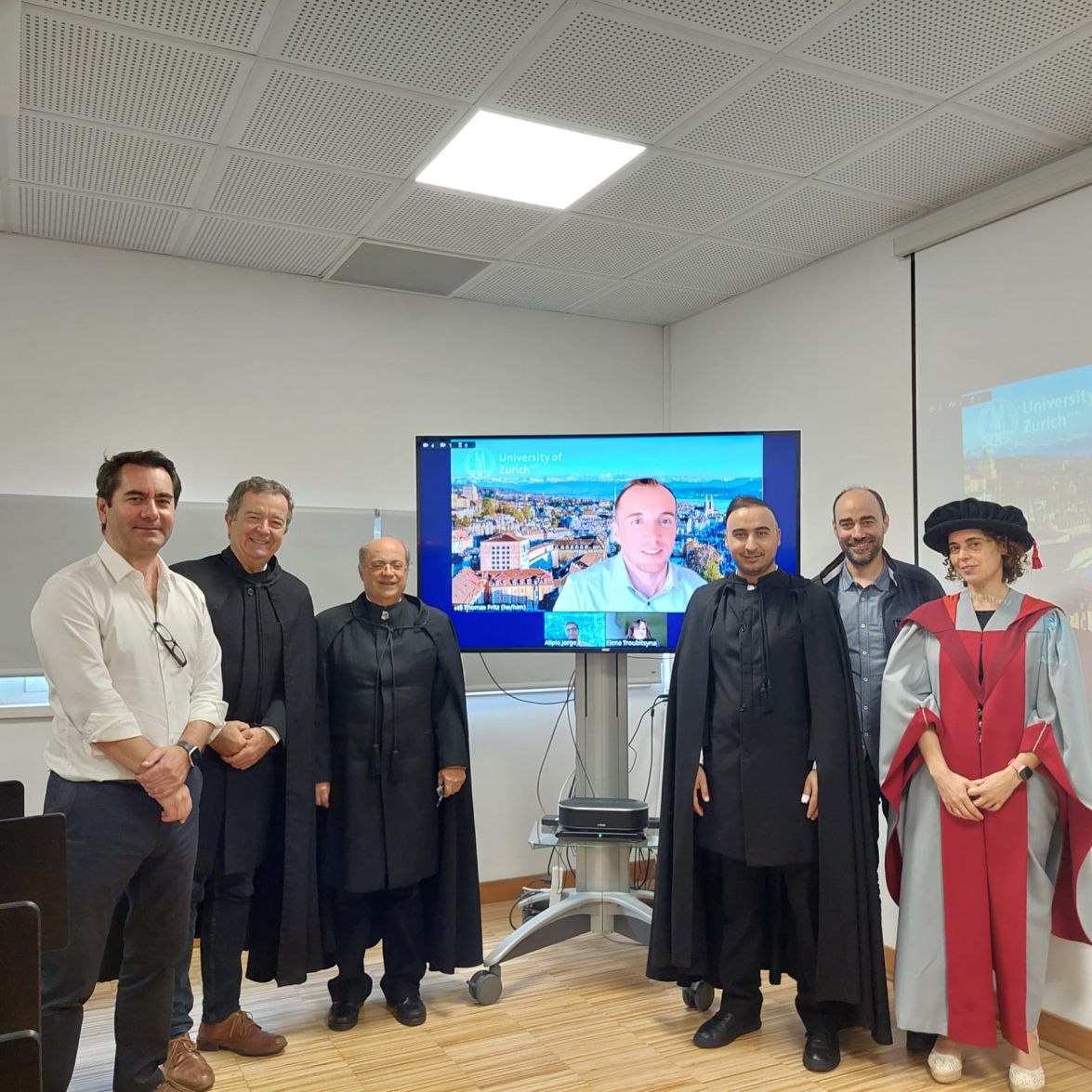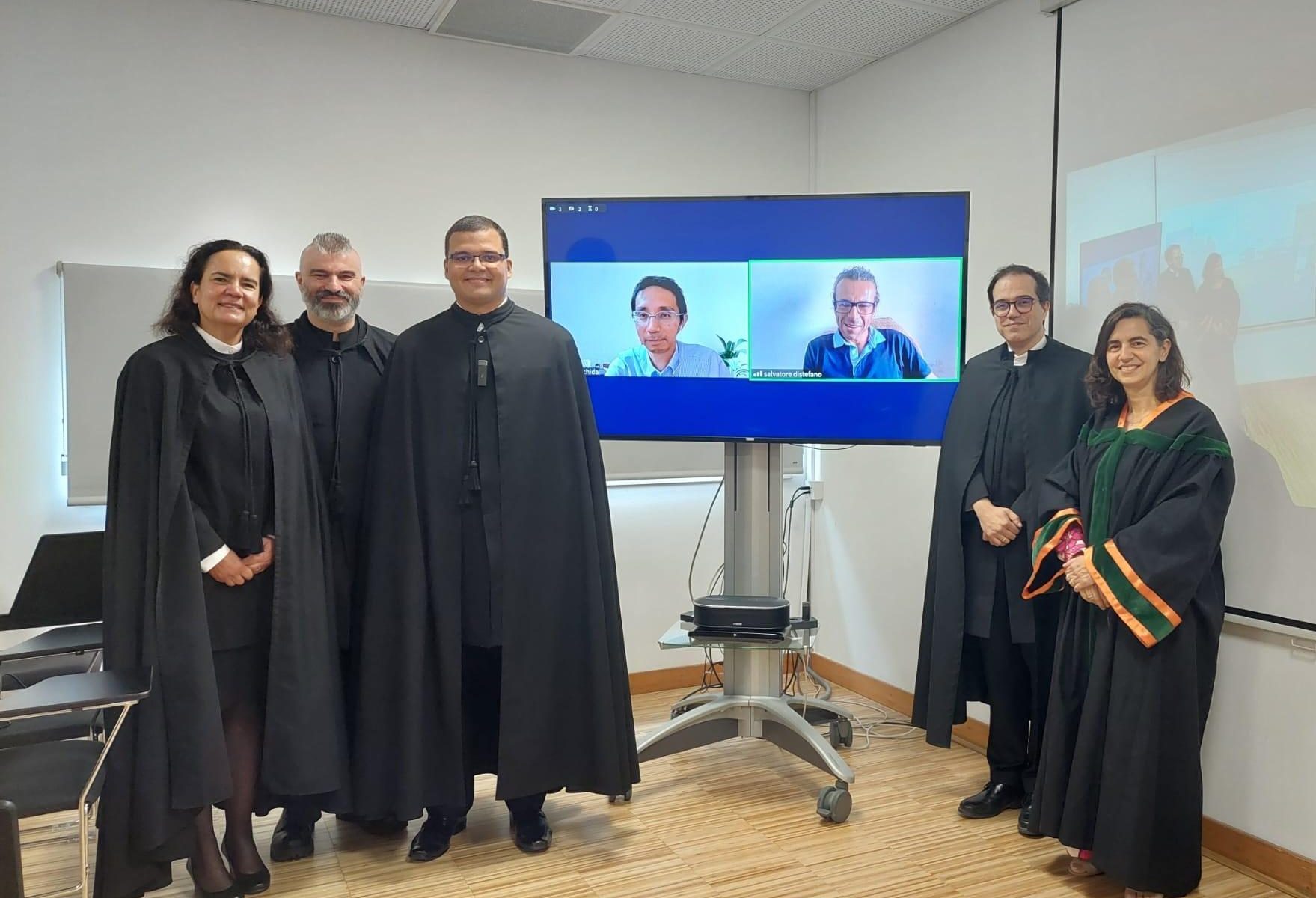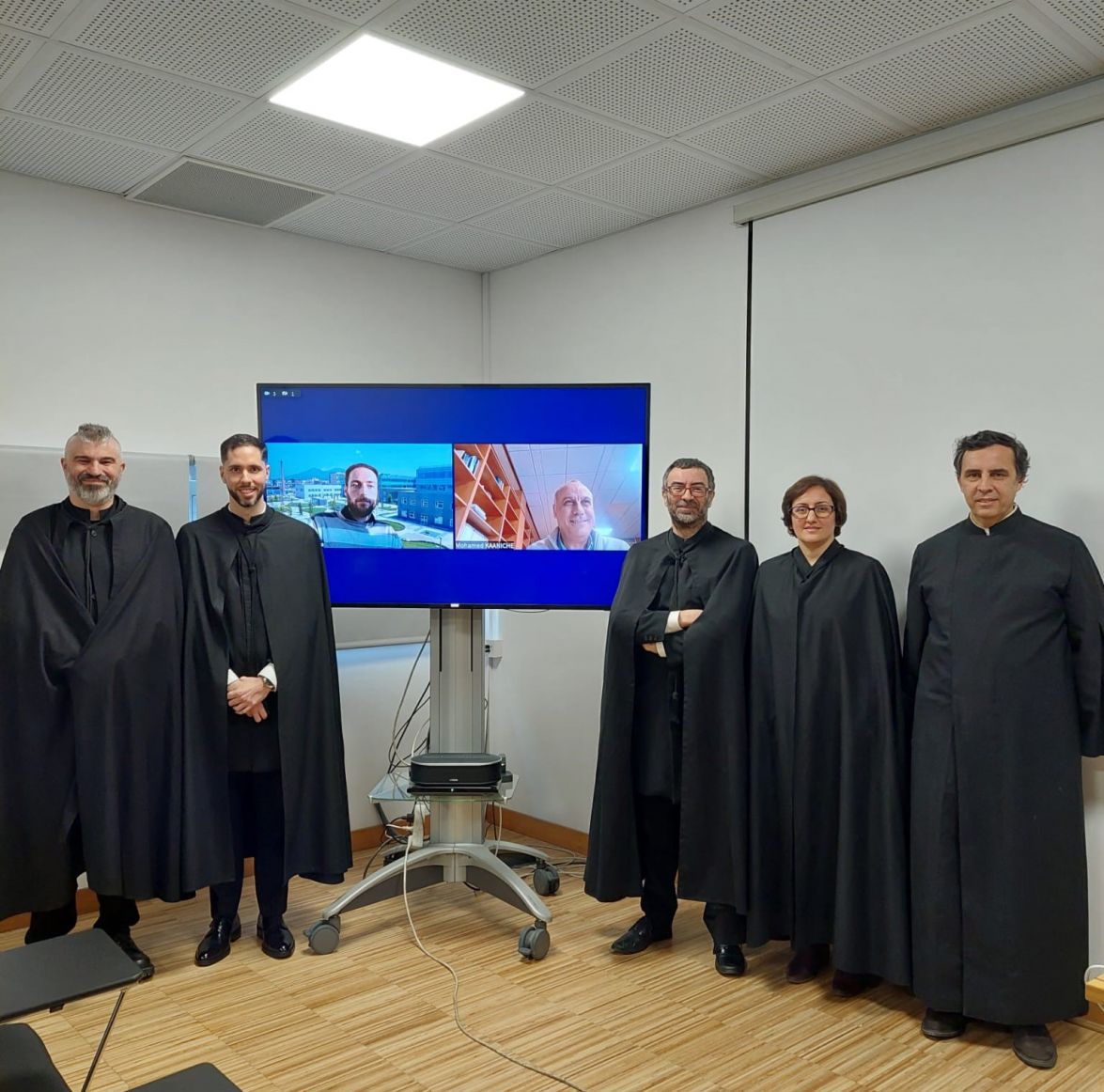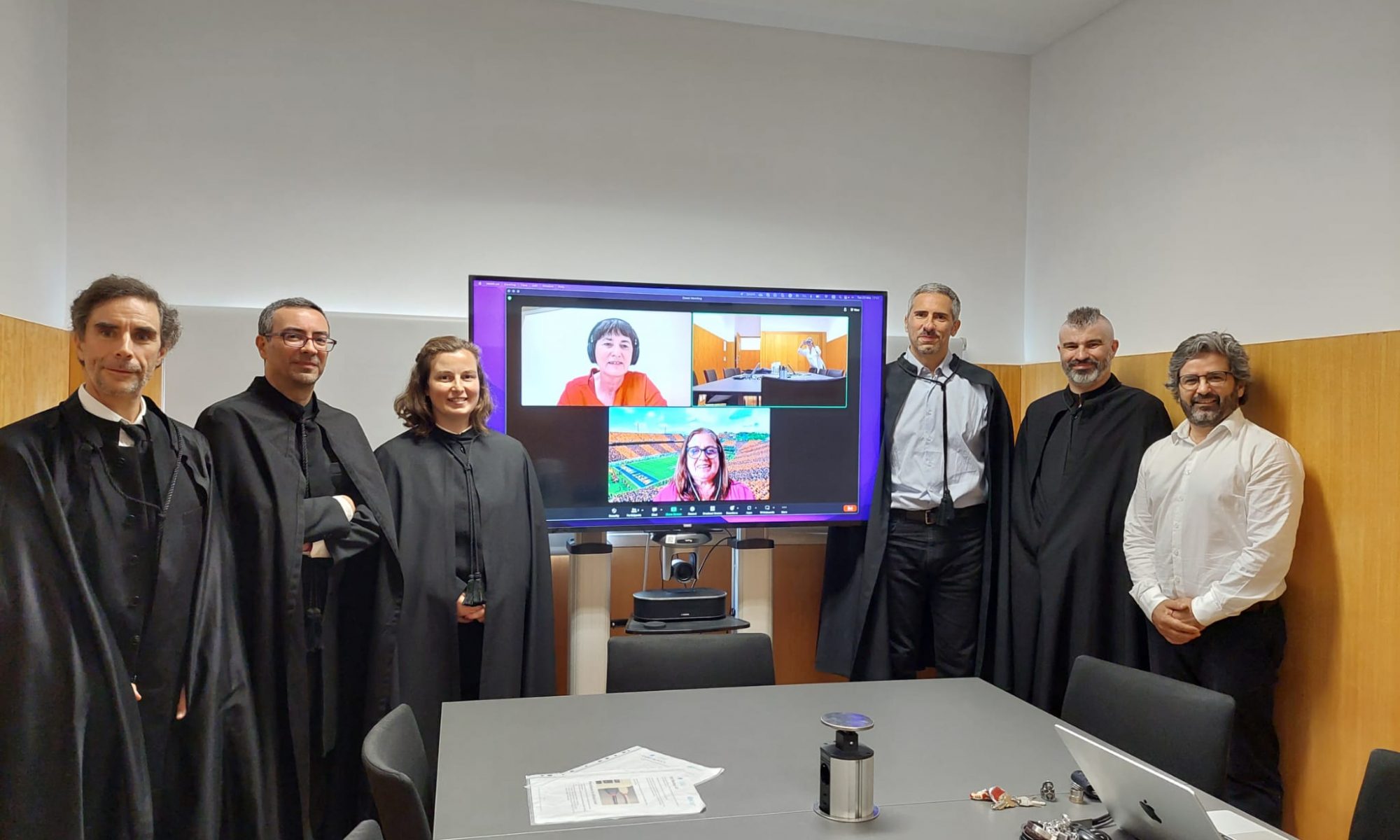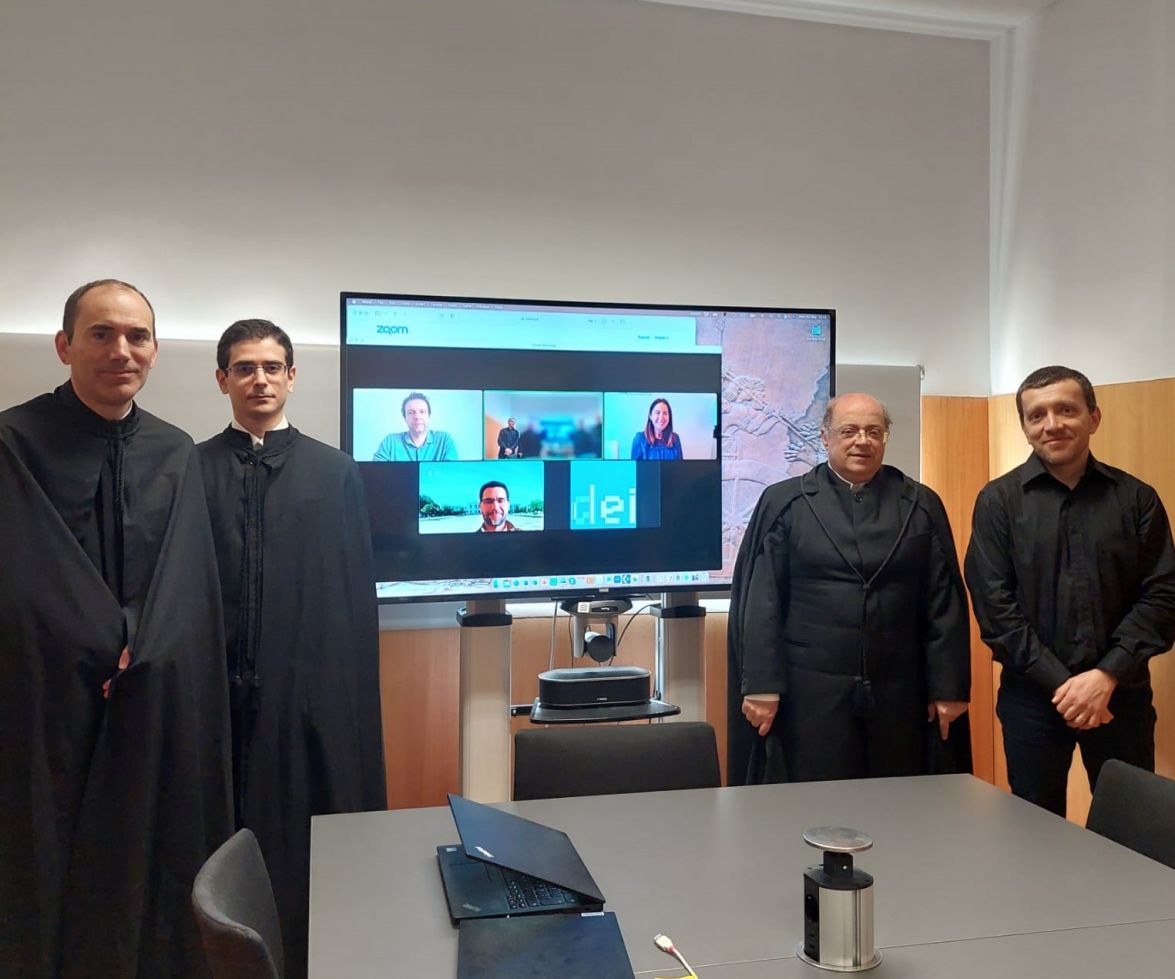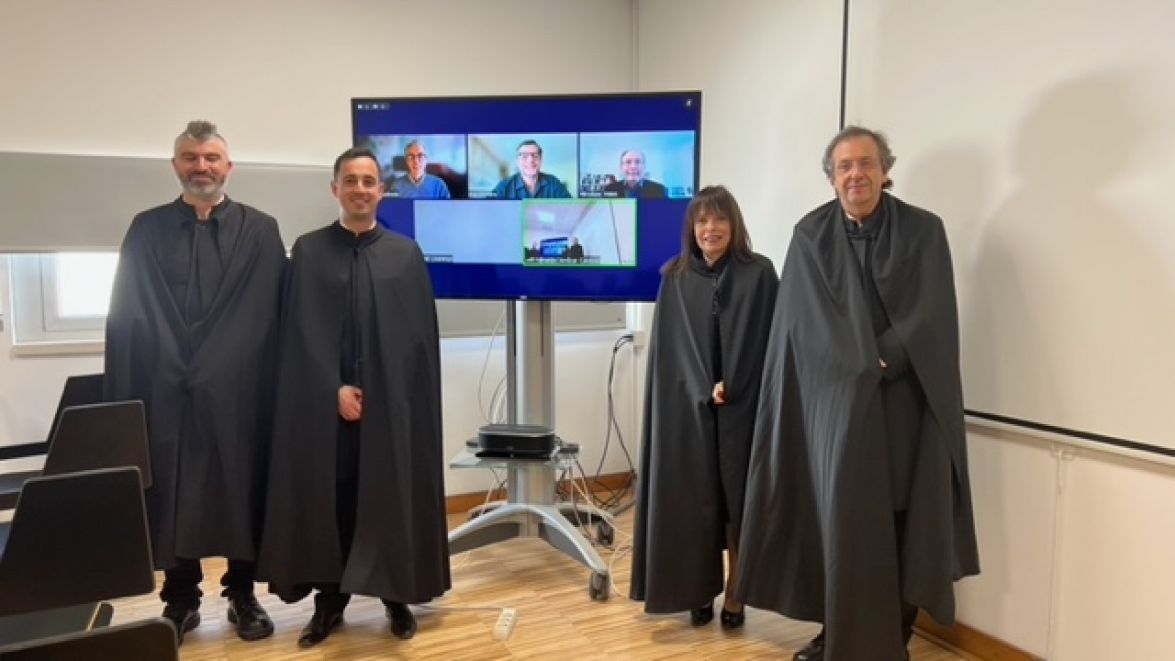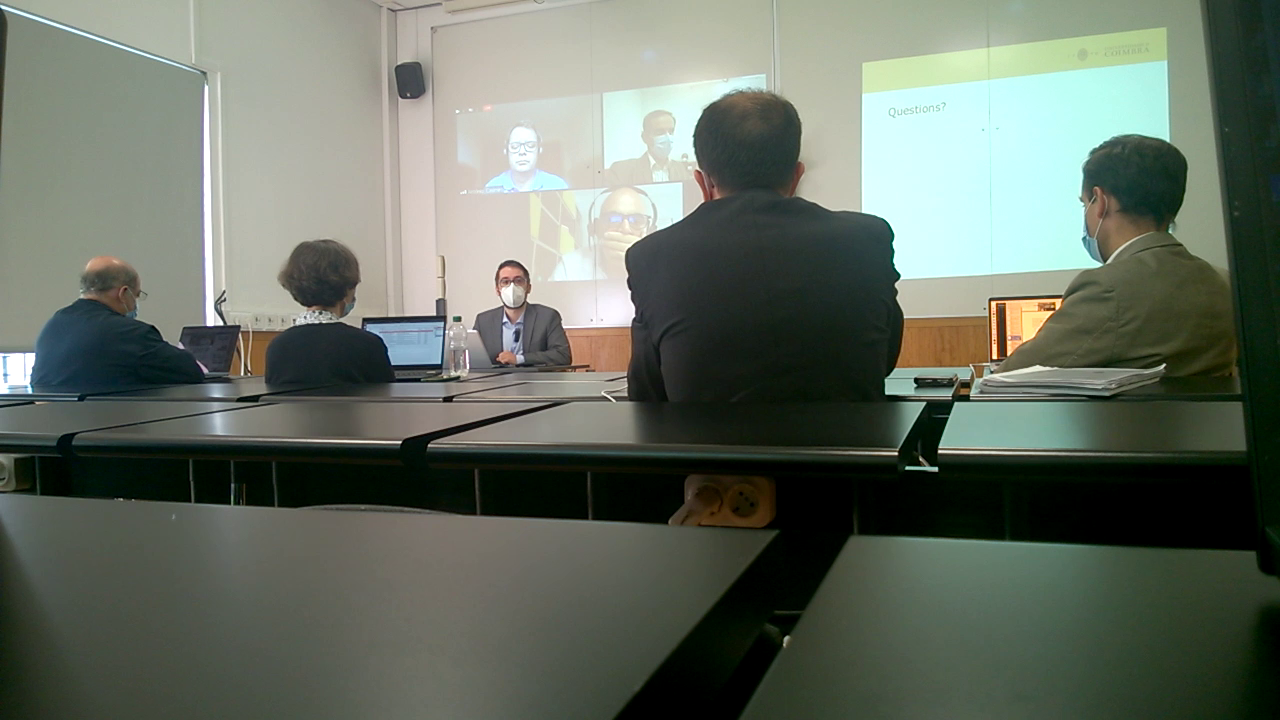20th of November at 16h15, Leonardo Montecchi (NTNU) will give a presentation entitled“Model-Driven Engineering for System Verification: Overview and Portugal-Norway Collaboration Opportunities”
This sessions happens within the context of “Science and Technology Week” of Ciência Viva: https://www.cienciaviva.pt/semanact/2024/eventos.php?accao=showactivities&id_activity=7041
Location: G4.1Online: https://videoconf-colibri.zoom.us/j/96201340056?pwd=0GRZ5FoE2dyiAZo1G6sm20N30ZZCq2.1
Abstract
Model-Driven Engineering is a software development technique that advocates the use of models (e.g., UML models) as primary artifacts in the development process. Following this phylosophy, developers “program” using models, and source code is automatically generated from such abstract representations of the intended product. This approach is based on ad-hoc languages that are able to describe concepts of the involved domain, that is, domain-specific languages (DSLs). While MDE originated for software development, it has expanded beyond its initial software-centered focus, and it is applied to formalize and automate worflows in different domains. This talk gives an overview of the application of MDE concepts for verification of systems, and sketches possible collaboration opportunities between the University of Coimbra and NTNU.
Bio
Leonardo Montecchi is Associate Professor with the Norwegian University of Science and Technology (NTNU) in Trondheim, Norway. From 2017 to 2021, he was Assistant Professor with the University of Campinas (Unicamp), Brazil. He received his PhD from the University of Firenze, Italy, in 2014, with the Resilient Computing Lab (RCL). His expertise revolves around the modeling of complex systems, including formal models, probabilistic models, and model-driven engineering. His research interests include modeling as a support to the verification and validation of safety-critical and mission-critical systems. He is regularly serving as reviewer for journals and conferences in the areas of dependability and software engineering. Leonardo has been Vice-Coordinator of the Brazilian Committee on Fault Tolerance, and Program Co-Chair of the 9th Latin-American Symposium on Dependable Computing (LADC 2019). He is Conference Chair for the 2025 edition ACM SIGSOFT FSE (Foundations of Sofware Engineering), which will be held in Trondheim on 23-27 June 2025.
